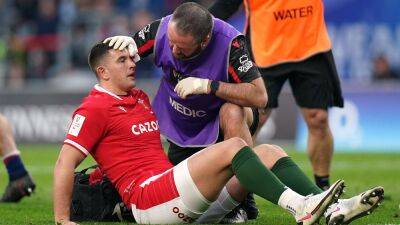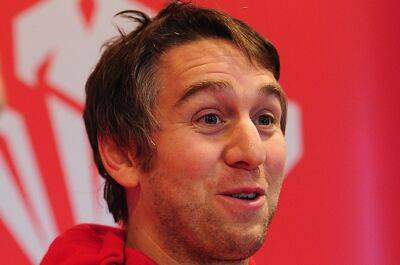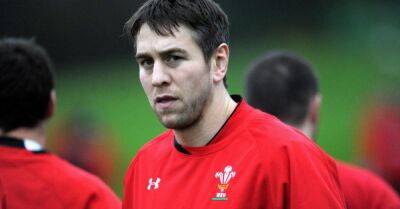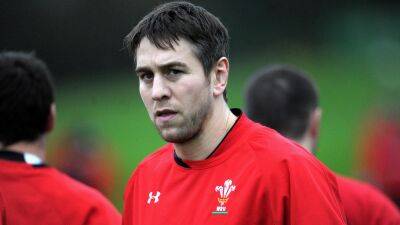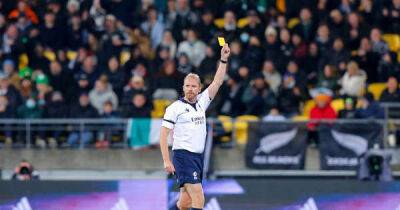Rugby and dementia: if it thinks it is going away, the game is deluding itself
As the arguments rage about how best to recognise and treat brain injuries in rugby, clouds are gathering in the distance. There was fury during the summer tours when Johnny Sexton was picked for Ireland’s second Test against the All Blacks, a week after he had been withdrawn with such an injury in the first match. Meanwhile, England adopted a more conservative approach, withdrawing Tom Curry, Sam Underhill and Maro Itoje from their tour of Australia. Still those clouds gather. The appropriate treatment in the here and now of players with manifest brain injuries is non-negotiable, but it does not begin to address the wider crisis.
Last week, Ryan Jones became the latest former rugby player to reveal his diagnosis of dementia with probable chronic traumatic encephalopathy (CTE). Last month, the Guardian and Observer published features on the neurological legacy of a career in rugby for two former All Blacks, similarly diagnosed, and their families. The conditions they are suffering are not the result of concussions or their mistreatment but of multiple rattlings of the brain over many years.
There is no easy answer to the central, tragic flaw in all collision sports, which is that the more players improve, the more dangerous they become to each other. The explosion in the number and intensity of collisions that rugby has witnessed over the past 25 years or so is not the result of some conspiracy by delinquent coaches and players trying to hurt each other. It is simply the logical conclusion of collision sports, which place such premium on speed, power and fitness.
The rest is tinkering. Last year we saw the tackle count exceed 500 in a match between Leinster and Connacht. No amount of concussion management or red cards is


